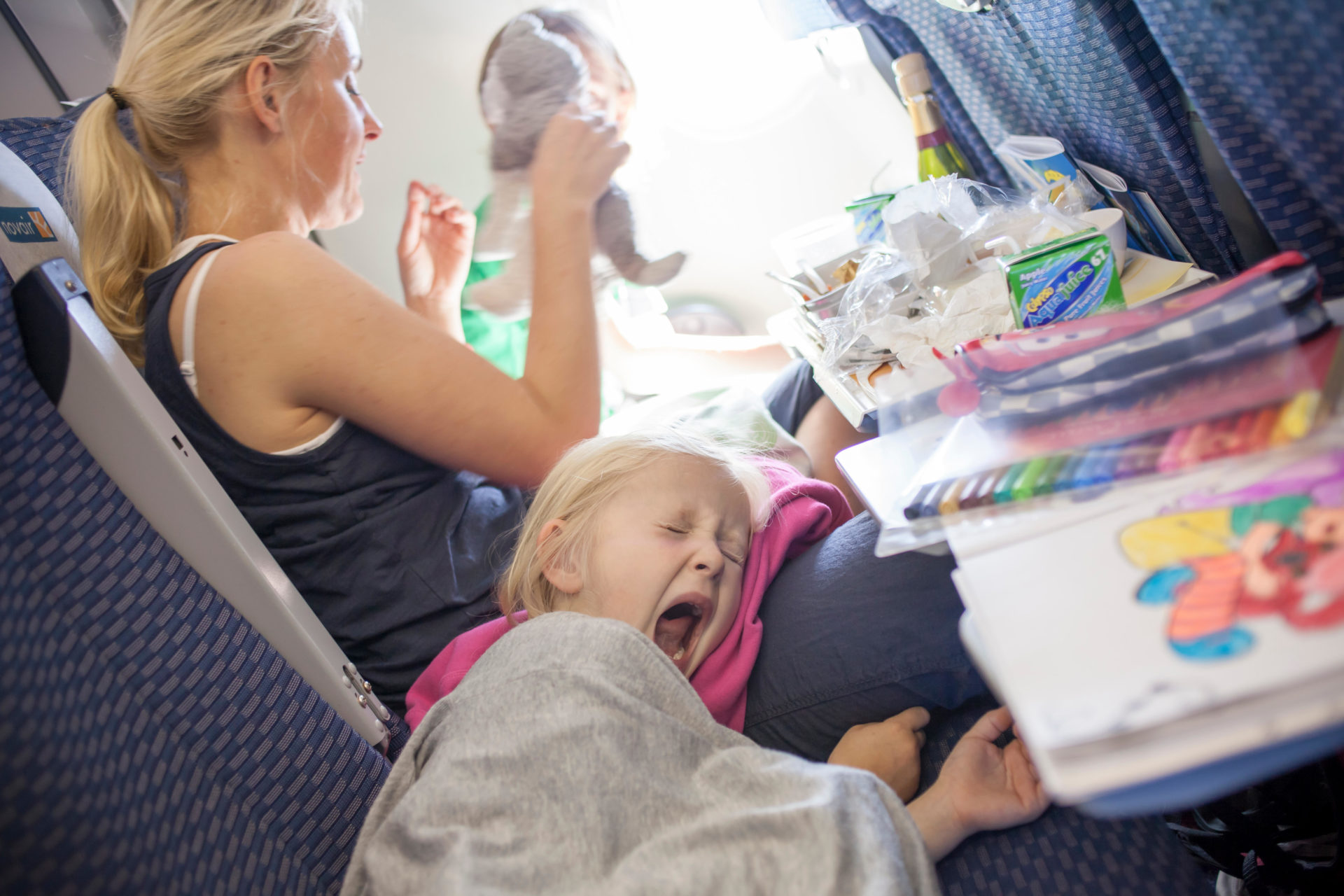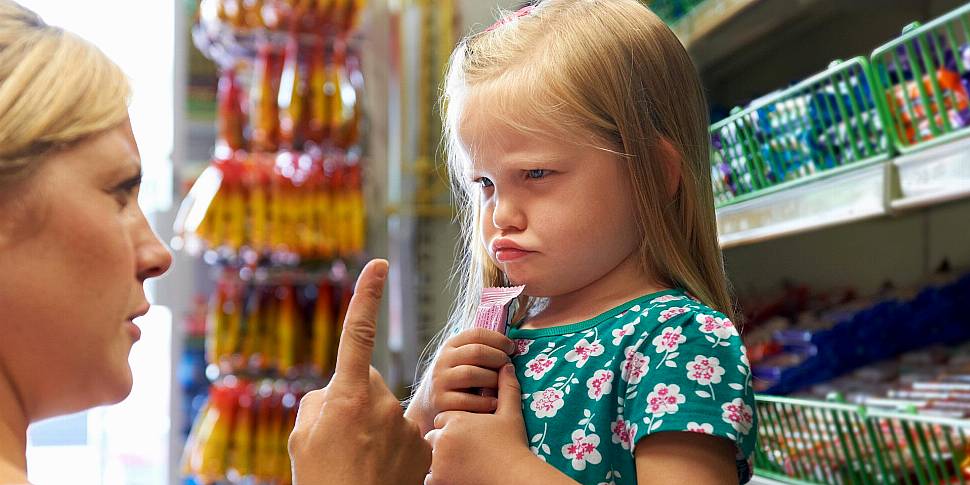Parents should think twice before calling out other people’s badly behaved children, a mother and psychologist has warned.
This afternoon, Lunchtime Live asked listeners whether it is ever acceptable to discipline someone else’s child – or even say something to the other parent in public.
It came after Irish Independent columnist Alison Curtis wrote that nearly all her friends have experienced ‘awkward and stressful’ situations where children were misbehaving and they didn’t know whether they should speak out.
Communicate
On Lunchtime Live this afternoon, listener Alison from County Meath said she has strong feelings on the topic as a mother and a psychologist.
“I suppose, as adults, first of all, we need to shift the lens on kid’s behaviour,” she said.
“So, if you see a kid who is misbehaving or acting out or melting down in public, that usually is a communication of some sort – that they're not able to meet whatever the expectation is.
“That might be waiting in the queue or taking turns on the slide or sitting at the coffee shop or whatever.
“Kids tend to do well when they can, so if they're not doing well, there's always a reason for that.”
 Woman with yawning child on plane ( Folio Images / Alamy Stock Photo)
Woman with yawning child on plane ( Folio Images / Alamy Stock Photo)Alison said experts advise parents to “come down to their child’s level” in that scenario and help them ‘co-regulate’ their feelings.
“You need to be calm, confident and help your child regulate,” she said.
“Then, if you do need to enforce the boundary, you do that. You know, ‘I won't let you push so and so down the slide’ and you take them away and you deal with the feelings that might come with that.
“If you get somebody coming over to you in the middle of that saying, you know, ‘Your child is this or that or the other’, that's going to stress the parent out and then the parents can't do that job effectively.
“They can't stay calm, they can’t stay confident and they can't enforce their boundaries.”
Shame
She said calling a parent out in that situation is likely to make things worse – and may also leave them feeling ashamed about their parenting.
“They're feeling, ‘Oh, I'm not doing a good enough job so and so thinks I should be doing this, my kids are terrible and everybody else's kids are fine.
“When they come home later, they don’t have that kind of opportunity to think about it, to problem solve, to say, ‘OK, why didn't my kid do well there? What was going on? Were they hungry? Were they tired or was there too much stimulation?’
Background
Most importantly, she said you never know whether there are underlying reasons for a child’s behaviour in public.
“What if you’re a parent of a kid who, you know, has trauma or is neurodivergent,” she said.
“You know, an autistic kid or [a kid who] has high-needs kids.
“They’re going to go, I can't go out, I can't go anywhere, people are going to shame me.
“They’re going to feel that they have to explain, ‘No, he's autistic’, which I don't think any parent should have to be in a position where they have to give information like that to some nosey person.”









